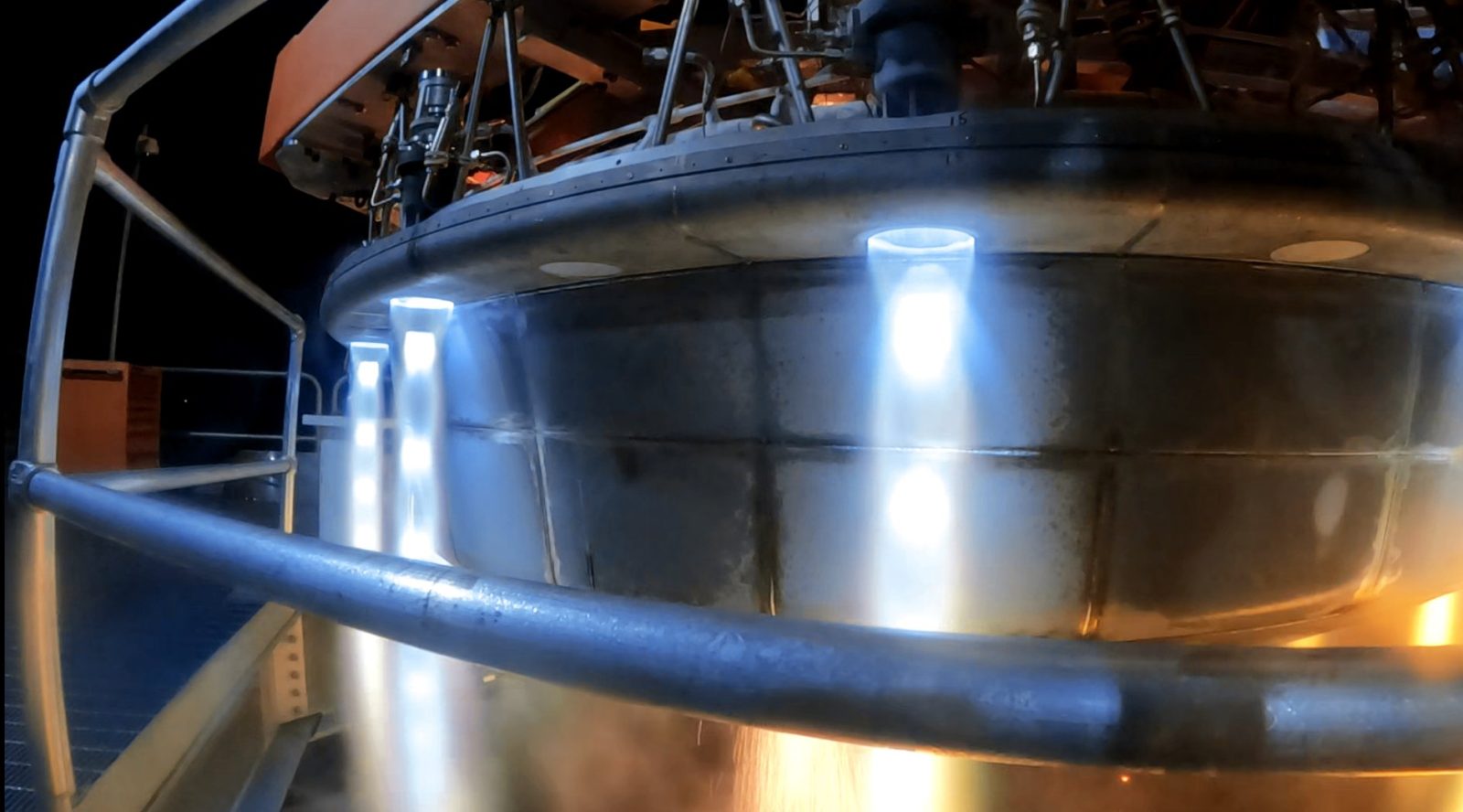
Small rocket startup Stoke Space recently received funding from Breakthrough Energy, an investment firm founded by Bill Gates.
Stoke Space was founded by Andy Lapsa and Tom Feldman in 2019 to develop a clean-fueled, fully-reusable two-stage rocket. Lapsa was formerly responsible for the development and operation of Blue Origin’s BE-3 and BE-4 engines.
The engines that are being developed for Stoke Space’s rocket utilize liquid oxygen and liquid natural gas, which burns cleaner than kerosene — one of the more common rocket propellant fuels, today.
Breakthrough Energy’s mission is to accelerate the clean energy transition by advancing potential solutions, according to its website.
“As we think about all the manner of things that you can do from space, for the benefit of Earth, for the benefit of climate, you have to start from launch, and you have to start from ultra-low cost, sustainable, reusable launch,” said Christian Garcia, partner and managing director at Breakthrough Energy Ventures, in a January 2023 story published by CNBC.
Stoke Space research and development teams are advancing its initiatives for a clean-fueled reusable rocket with fewer emissions, although it is still being tested in the early stages of development.
Hurdles for the launch company include regulatory compliance, as well as securing ongoing funding and technology needed to support and continue the company’s plans for developing rapid reusability in delivering satellites to low Earth orbit.
Both stages of the rocket the company is working on are being designed to be fully reusable for an immediate turnaround and deployment of customer payloads.
“You don’t have to rebuild the rocket for every mission, so that gets you out of a production-limited paradigm and into an operations-limited paradigm, it’s very important,” Lapsa told CNBC.
Stoke Space is focusing more toward Earth’s ecosystems and their fragility rather than trips to the Moon or Mars. This includes space technologies that can detect climate changes and catastrophic events on our planet affecting forests, oceans and other natural resources.
With a 100% reusable rocket designed to fly daily, the current iteration is being tested in Moses Lake, Washington, just three hours from Stoke Space’s headquarters in Seattle.
Future missions for the launcher will take place from historic Launch Complex 14 at Cape Canaveral Space Force Station in Florida. The company was recently allocated space at the site where John Glenn made his journey as the first American to orbit Earth.
“We are over the Moon excited by this opportunity,” Julia Black, director of range operations at Stoke Space, said in a company statement. “To be trusted with the reactivation of the historic Launch Complex 14 is an honor, and we look forward to adding to its well distinguished accomplishments for America’s space program.”
FTC: We use income earning auto affiliate links. More.



Comments